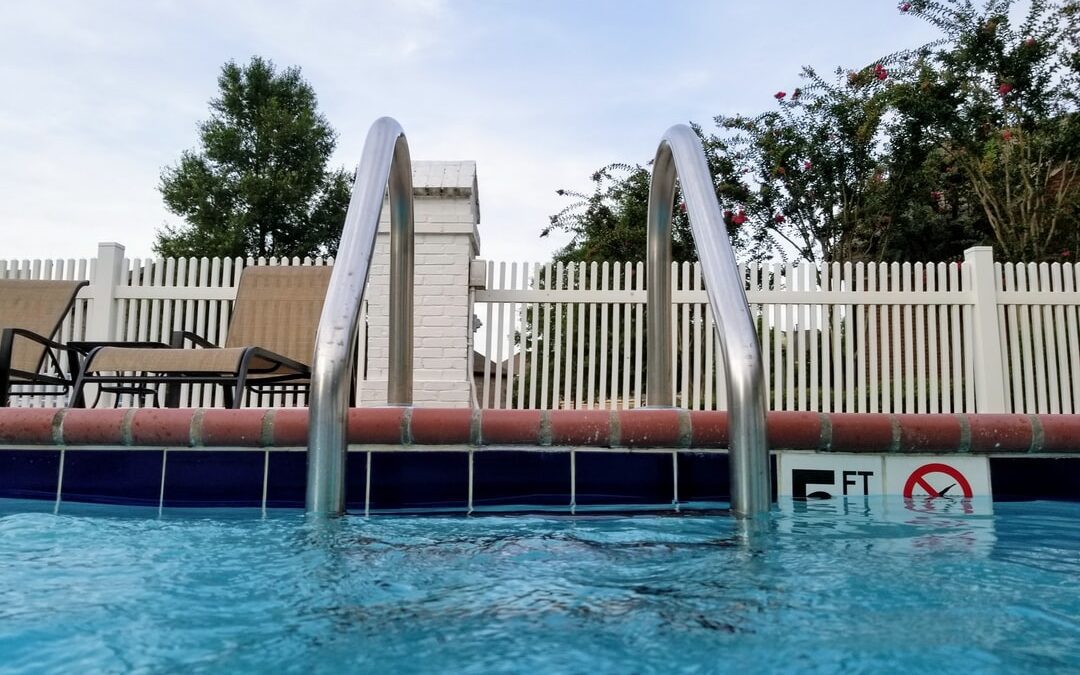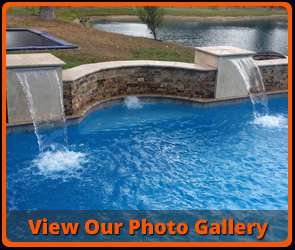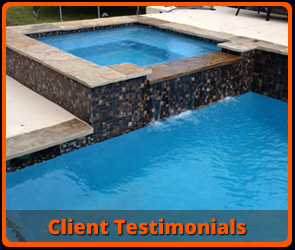You might be curious as to why you need a pool fence. Your pool is in your backyard, after all. No one that doesn’t have your permission should be using it.
While the United States doesn’t have federal pool fence laws, some states have individual regulations. Texas law, for example, states that all swimming pools must have fences at least 48 inches tall.
Over 400 children under 15 died in pool-related accidents from 2016 to 2018. 75% of those incidents involved children younger than five in residential pools.
Child safety is one reason it’s essential to invest in a pool fence. Of course, there are other reasons why you should consider a fence for your backyard pool.
We’ll discuss various reasons why you need a pool fence and how to choose one below.
Benefits of Owning A Pool Fence
We’ve mentioned child safety as one reason you should purchase a pool fence. But there are other ways to keep children safe in your swimming pool. Having an appointed lifeguard is helpful.
Ensuring all children in your swimming pool have taken swimming and pool safety lessons is another reasonable safety precaution. However, sometimes accidents happen. Or perhaps a child is trying to use the pool unattended.
The fence will keep slips and break-ins from potentially endangering anyone’s life. Young children are likely too small to hop the fence. Older children may find the gate troublesome and opt for staying out of the pool.
Pet Safety
We imagine your pet is as much a family member as anyone else in your home. While we’re sure your furry friends have as much fun by the pool as you, they’re also susceptible to accidents.
It’s good practice to keep your pets away from the swimming pool while it’s unattended. However, you can’t be everywhere at once. A pool fence will keep your pet from possible danger if you can’t.
Home Security
Some homeowners don’t mind allowing the whole neighborhood in their pool regardless of their presence. If you’re the type that prefers to have their swimming pool empty while you’re away, consider a pool fence.
Some people may not respect your property and invite themselves over while you’re unaware. Pool fences help keep people you don’t want around out.
What to Look For in a Pool Fence
There are three things you should look for in your ideal pool fence. The fence itself should be durable mesh, and it should have a self-latching and self-closing gate.
Another thing to carefully consider is how tall your fence will be. The last two considerations for your gate are the poles and borders. Overall, you want a safety fence that looks good in your backyard.
Your Fence Needs Stable Mesh
The mesh is arguably the most crucial part of any pool fence. Mesh is a soft enough material that doesn’t cause injury when you bump against it.
But a pool fence’s mesh needs to be solid enough that it doesn’t fall when you push against it. When shopping for your gate, watch out for phrases like “Tension-based support.” Tension strength is a must for mesh fencing.
Buy mesh fencing that has tear and puncture resistance. The sturdiness will help your fence last longer.
Consider a Self-Closing, Self-Locking Fence
A self-locking gate isn’t required, but it’s something worth thinking about buying. It’s easy for someone to forget to lock the gate. A self-latching fence will magnetically shut behind whoever’s leaving the pool area.
Your Gate Should At Least Be Toddler Height
The average toddler is around four feet tall. We’d mentioned that Texas pool safety laws require fences at least 48 inches (a little over four feet) high.
Your child will grow taller as they age. It may be more sensible to get the highest fence possible the first time.
Your Fence Needs Strong Poles
Strong mesh is useless without sturdy poles to hold it up. Your fence poles need enough reinforcement to withstand tension forces against the mesh fencing.
It helps the overall strength of the gate structure if the bars are as close together as possible. 36-inches is the most distance you should have between each pole.
Borders Add Additional Safety
If possible, try to purchase a gate with reinforced vinyl bordering. Pool borders on each side help make your pool fence as safe as possible.
The frame adds a more complete, refined look to the gate and keeps the mesh from falling apart at the edges. Reinforced vinyl borders prevent sagging and add to the total durability of the fence.
Pool Fence Alternatives
If you don’t like how mesh looks, you can try other pool fence alternatives. Glass is an attractive option because it offers aesthetic appeal and protection and is easy to clean.
Glass gates have their drawbacks, though. While the material is hurricane-proof, debris from strong winds may scratch the siding. Wood fencing is a good choice if you want privacy and pool safety.
Wood pool fences come in many heights and colors. You don’t have to use your wooden fence as a privacy barrier. Try posts fencing instead if you’re looking to make a safe but inviting area.
A post fence won’t offer much privacy, but they do have a charming appeal other materials can’t quite match.
Are You Concerned About Pool Safety?
One of the primary reasons to buy a pool fence is to keep younger children safe from swimming pool-related mishaps. Fences keep pets and unwanted guests out of the swimming pool area.
When choosing a pool fence, the primary thing you should consider is robust meshing. The gate should be at least 48-inches tall to keep toddlers from slipping into the pool.
Reinforced posts are required to keep the fence standing strong. If you’re in the Houston, Texas area, call Sahara Construction. Our professional team is here to handle all your swimming pool needs.




